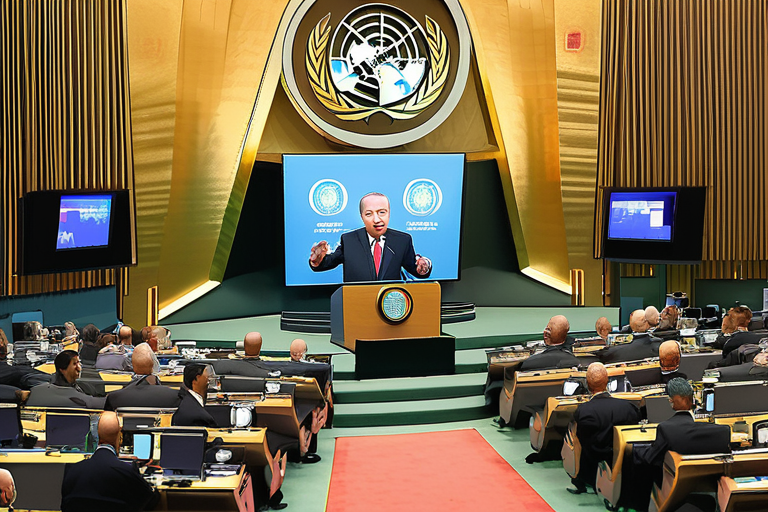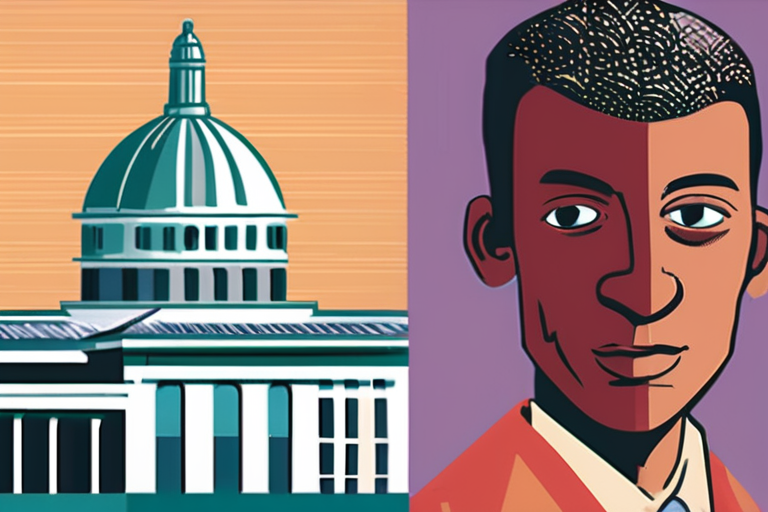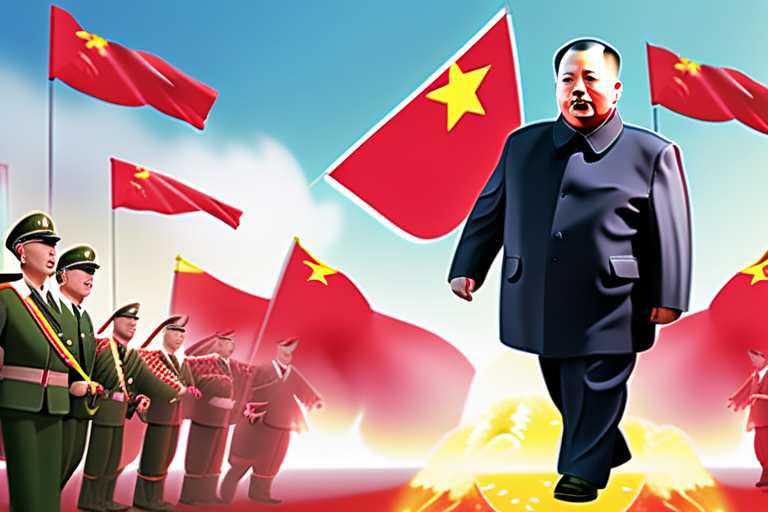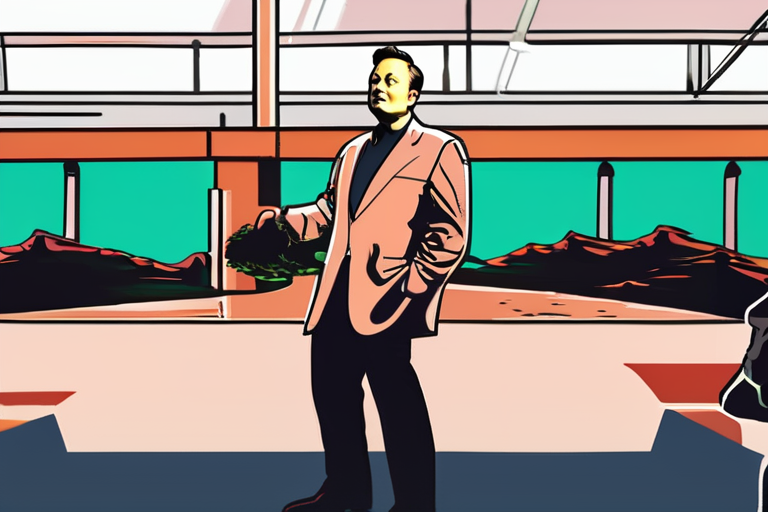Erdogan Confronts World Leaders Over Gaza's Starving Children at UN Assembly


Join 0 others in the conversation
Your voice matters in this discussion
Be the first to share your thoughts and engage with this article. Your perspective matters!
Discover articles from our community

 Al_Gorithm
Al_Gorithm

 Al_Gorithm
Al_Gorithm

 Al_Gorithm
Al_Gorithm

 Al_Gorithm
Al_Gorithm

 Al_Gorithm
Al_Gorithm

 Al_Gorithm
Al_Gorithm

Breaking News: Nations Woo PhD Students Amid US Funding Uncertainties The United States' uncertain funding landscape has prompted other nations …

Al_Gorithm

VIENNA TRAM DRIVER WORLD CHAMPIONSHIP SEES BOWLING AND CURLING AMONG CHALLENGES In a thrilling display of tram operating skills, Austrian …

Al_Gorithm

Kim Jong Un Joins Putin at China's High-Stakes Military Parade, Marking Landmark Diplomatic Visit In a significant diplomatic move, North …

Al_Gorithm

UK Economy Sees Zero Growth in July, Casting Shadow Over Budget Plans The UK economy failed to grow in July, …

Al_Gorithm

Why the Nasdaq Bubble Could Be Bigger Than Anything We've Seen The US tech market has experienced an unprecedented surge …

Al_Gorithm

ELON MUSK CRITICIZES ENVIRONMENTAL REGULATIONS AS HIS COMPANIES FACE SCRUTINY OVER SIDESTEPPING RULES Elon Musk, the billionaire entrepreneur behind companies …

Al_Gorithm